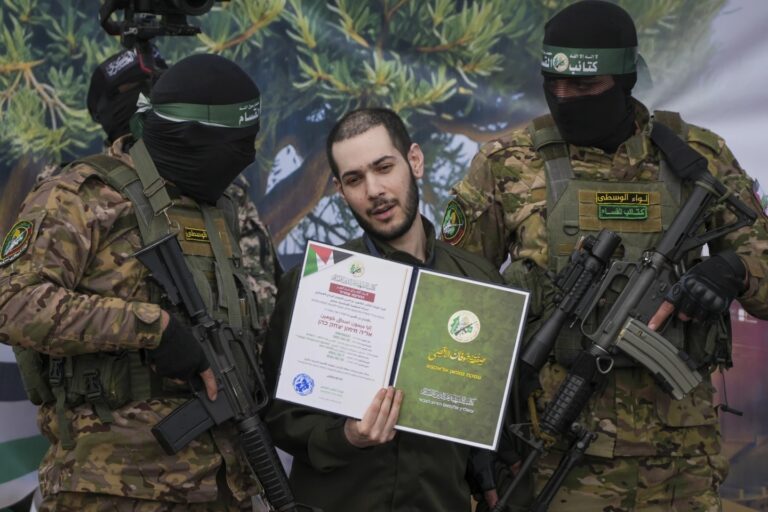 [By Rabbi Yair Hoffman for the Five Towns Jewish Times]
[By Rabbi Yair Hoffman for the Five Towns Jewish Times]
It is a remarkable sefer that brings out Rav Chaim Pinchas Scheinberg’s essence in his inspirational shmuessin. The sefer is entitled, “Tochachos Mussar” and it was written and compiled from the notes of one of Rav Scheinberg’s close Talmidim – Rav Mordechai Rennert z”l – himself one of the Roshei Yeshiva of the Derech Chaim Yeshiva in Boro Park.
I myself recall hearing a shmuess from Rav Scheiberg zt”l at that very Yeshiva. He delivered his deep lessons of Mussar with his kind eyes and loving demeanor to Yeshiva students, beloved students of beloved Talmidim. My shver, Rav Yaakov Hirsch z”l, was one of his first Talmidim and his loving concern for his welfare decades later, was still easily discerned. Here was a gadol hador who embodied the deepest Torah erudition combined with a love for students and people that reached the deepest recesses of the heart. Who would not flock to hear his shmuessin?
The sefer has a beautiful mafte’ach – an index broken down by Parsha and by season so that this sefer can be used at the Shabbos table for not just a vort – but a beautiful discussion about Torah values – replete with insights from the full gamut of the world of the great Baalei Mussar. There is also an in-depth mafteach of each maamar as well.
In Parshas Shoftim he deals with the hachana necessary for Elul, and how there are people whose nature it is that they cannot put something out of their minds. He explains the three exemptions of going to war listed in Parshas Shoftim as examples of this notion. He artfully applies this to all aspects of Avodas Hashem. Rav Scheinbrg explains that during Elul we must be particularly careful in Mitzvos between man and man – because our entire judgement is predicated upon this. Regarding Yomim Nora’im he explains that the weight of our punishment and reward for Mitzvos take into account not quantity but quality in terms of the difficulties involved when performing those Mitzvos (and aveiros).
The shmuessin are divided into six sections. The first section concerns Torah and acquiring it. Twelve maamarim. The next section deals with Avodas Hashem – 13 maamarim. The first explains that the essence of Torah and Mitzvos is to foster a Dveikus Bashem. The next eleven deal with Bain Adom l’Chaveiro – the last one explaining how honoring parents is connected to honoring Hashem Himself. Apropos for Elul and the Yomim Noraim, the fourth section deals with Teshuvah. There are five masterful pieces in this section. The fifth section deals with the middah of Emes. In the first of the four maamarim he explains how there are also spiritual negios and the negiah of “frumkeit” is one of the most difficult ones. In the last one he explains that if someone has the middah of Kafui Tov – he cannot see the truth.
The last section, with only two maamarim deals with leadership and being a true mechanech. A true mechanech, Rav Scheinberg explains, is to foster and develop greatness in each of his charges that are predicated upon that student’s nature and skills – part of that student’s unique inheritance that he had received from Sinai.
Rav Scheinberg is no longer with us. Up until now, the loss was deep and irreplaceable. This sefer, however, returns a section of Rav Scheinberg to us. It is long overdue.
Rav Scheinberg zt”l was a Gadol HaDor who grew up in America and was uniquely privy to the challenges that American Bochurim faced. In his shmuessim he combined those insights with the great mussar thoughts of the Yeshiva movement of Europe. This sefer is a must purchase for any Ben Torah. The insights are remarkable and can have life-changing ramifications.
 The author can be reached at [email protected]
The author can be reached at [email protected]










